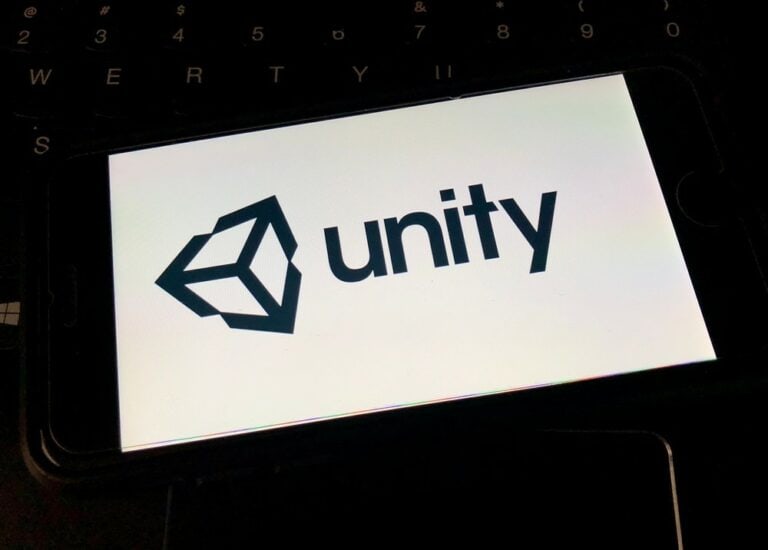Unity, a provider of a real-time developer platform for 3D development, is backtracking on earlier plans for new license fees. This follows a revolt by end-users who considered the new pricing structure “destructive” and “not fair”.
Unity offers a popular engine that allows developers to develop and run a video game for multiple gaming platforms without incurring high costs.
For sales of less than $100,000, the engine license was free. Furthermore, the vendor made another distinction with a (paid) Plus-tier gold for developers who had up to $200,000 in sales, while anything above that had to purchase a paid Pro-tier license.
New license fees
Last week, however, Unity announced a new pricing structure. Starting Jan. 1, 2024, $20 cents per install must be paid when a game has sold 200,000 units and the developer has achieved $200,000 in sales.
Developers with higher subscriptions will pay lower fees. For developers who do not meet these goals, the license will remain free.
Unrest among developers
The new license fees caused a stir among developers, according to Techcrunch, especially among those who had paid license fees in an earlier stage. When their games become more popular, they see their license fees rise by thousands of dollars.
The problem, however, is that these developers often do not have any revenue to cover these costs. Mobile games, for example, are often given away for free. Moreover, given Unity’s words, pirated or repeated installations could also fall under the new licensing scheme and thus lead to additional high costs.
Developers rebelled in response and even considered taking their games offline and reworking them to a new engine. Game developers also considered switching to game engines, such as Unreal, that have better licensing policies or to open-source variants.
Unity shrugs
Unity apparently took notice of the criticism and plans to revise the licensing structure again. The fee would now only apply to the initial installation of a game. Also, in the case of a Game Pass, as used by major distributors such as Microsoft, the fee would have to be collected by the distributor.
Another measure would not charge ole installations but only to those as of Jan. 1, 2024. Furthermore, the fees would be limited to 4 percent of game sales, starting at $1 million.
Nevertheless, much is still uncertain. For example, it is not clear whether major distributors would want to bother collecting Unity license fees. This could cause these distributors to remove games with the Unity engine from their catalogues. Game developers are also still angry about this action.
Also read: Visual Studio Code update brings back support for Unity
